Summary
- Robert Kirkman’s success with Invincible on Prime stems from past The Walking Dead’s production issues.
- Invincible on Prime Video offers gritty, morally complex superhero content.
- R-rated superhero TV is back with series like The Boys and Daredevil.
Invincible, a superhero comic adapted to animated television by its creator, Robert Kirkman, is about as good as superhero television gets. It’s simultaneously gritty, morally blurry, sorrowful, funny, and action-packed. With three seasons released, it’s living up to its name by continuing to grow. Fans have to thank production issues on The Walking Dead for that.
Graphic superhero TV is in its heyday. Amazon Prime has kept audiences’ nerves twitching with Invincible and the similarly veined live-action TV show, The Boys (plus Gen V, the first of its multiple planned spin-offs). Disney+ has revived the Marvel Cinematic Universe’s Defenders through a direct and equally dark sequel, Daredevil: Born Again. Matt Reeves’ The Batman introduced an explosively layered Penguin/Oswald “Oz” Cobb, whose continuing mental deterioration affects his relationships and crime career as he fights against new mob leader Sofia Gigante on his own solo series. Layered, violent superhero television is seemingly all the rage.

Related
Invincible: Best Episodes, Ranked
With Invincible’s bombastic Season 2 officially coming to a close, this is a look back on the best episodes of the Amazon Prime’s superhero series.
While Invincible‘s explosive three seasons on Prime are major contributors to this recent superhero boom, the show’s near non-existence is essential to note. Robert Kirkman may very well not have made Invincible into a series at least for a while longer, if at all, had cable/production company AMC not repeatedly screwed up with Kirkman’s first comic-to-TV project, The Walking Dead. After eleven seasons, six spin-offs, one spin-off that gets soft-rebooted halfway through and many scrapped plans later, The Walking Dead had plenty of chances to alleviate woes where it instead reinforced them or created new ones.
Kirkman’s Singular Vision Keeps Invincible On Track
The main The Walking Dead show’s ending didn’t come from a crew-cast agreement that the show had run its course. It was merely a way to end AMC’s long-running lawsuits brought by various ex-The Walking Dead creatives against the company, such as Season 1 showrunner and Season 2 premiere writer Frank Darabont, who successfully sued for royalties on all main The Walking Dead show’s profits past his departure. These kinds of royalty discrepancies over the show’s 12-year existence spread, slowly getting to Kirkman himself before he entered a profit-related lawsuit against AMC.
As reported via Deadline, Kirkman and other TWD creatives such as franchise executive producer Gale Ann Hurd sued AMC immediately after they ended the show over a breach of contract violation. On similar grounds to Darabont, who sued and won for continued royalties throughout the main show’s production after his sticky Season 2 departure, Kirkman, Hurd, and others sued AMC for $200 million. The case’s presiding judge, U.S. District Judge Fernando Aenlle-Rocha, ultimately sided with the plaintiffs (Kirkman, Hurd and other ex-Walking Dead creators), citing unfairness if Kirkman and the rest were not paid considering past AMC lawsuit decisions:
“It would be an illogical interpretation of the MFN (most favored nations) provisions and contrary to the reasonable expectations of the parties in entering into the agreements if the court were to allow Defendants, as a matter of law, to provide Darabont and CAA with increased contingent compensation and a greater share of future gross receipts for the series through a settlement agreement—at Plaintiffs’ expense—without providing Plaintiffs the same”
Amazon Gave Kirkman Exactly What He Wanted For Invincible
Given The Walking Dead‘s various production difficulties and AMC executives’ refusal to give any primary showrunner much creative control—Glenn Mazzara, the second and only showrunner to continue the series’ original plans under Darabont, left because of restrictions—both lawsuits resulting in success for Kirkman makes sense. Prime Video has given Kirkman much more creative control over Invincible than could have been dreamed of under AMC’s The Walking Dead production and the show is all the better for it.
Kirkman had to watch his first television project get gutted by AMC, whether by hiring new showrunners who distanced themselves from his fleshed-out (and superior) vision or through decisions valuing cheapness over quality storytelling. With Prime giving Kirkman the respect he, his abilities, and stories deserve, it is no wonder he has essentially jumped from zombies to superheroes: he can tell the story he wants to, without being restricted by money or greedy corporate execs. Both The Walking Dead and Invincible may still be on air, but only one of these franchises has a concrete storyteller and solidified vision with which to push forward. Hopefully, Invincible will continue living up to its name, despite The Walking Dead’s borderline mindless shuffle onward.

Invincible
- Release Date
-
March 26, 2021
- Network
-
Amazon Prime Video
- Showrunner
-
Robert Kirkman, Simon Racioppa
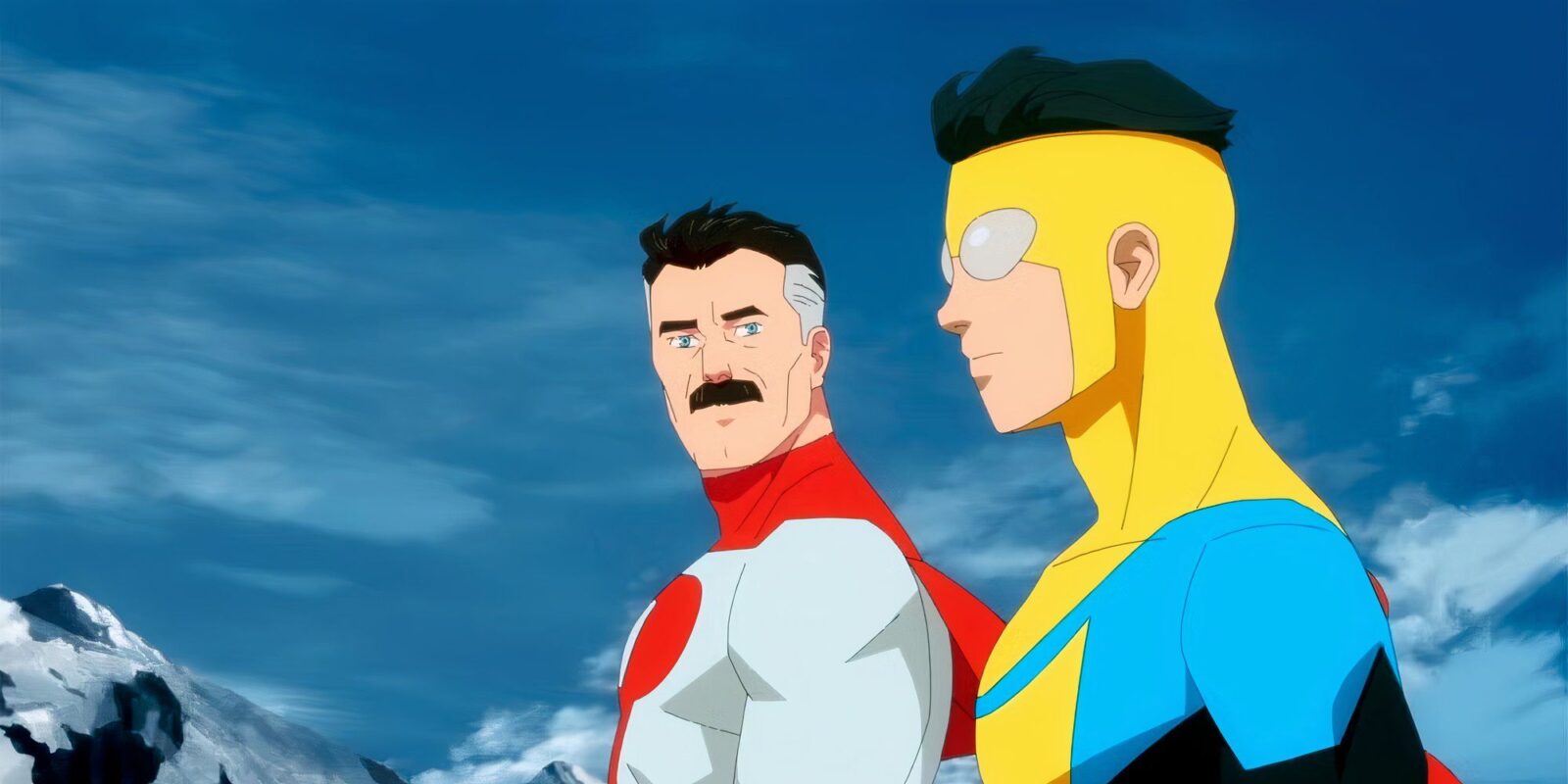

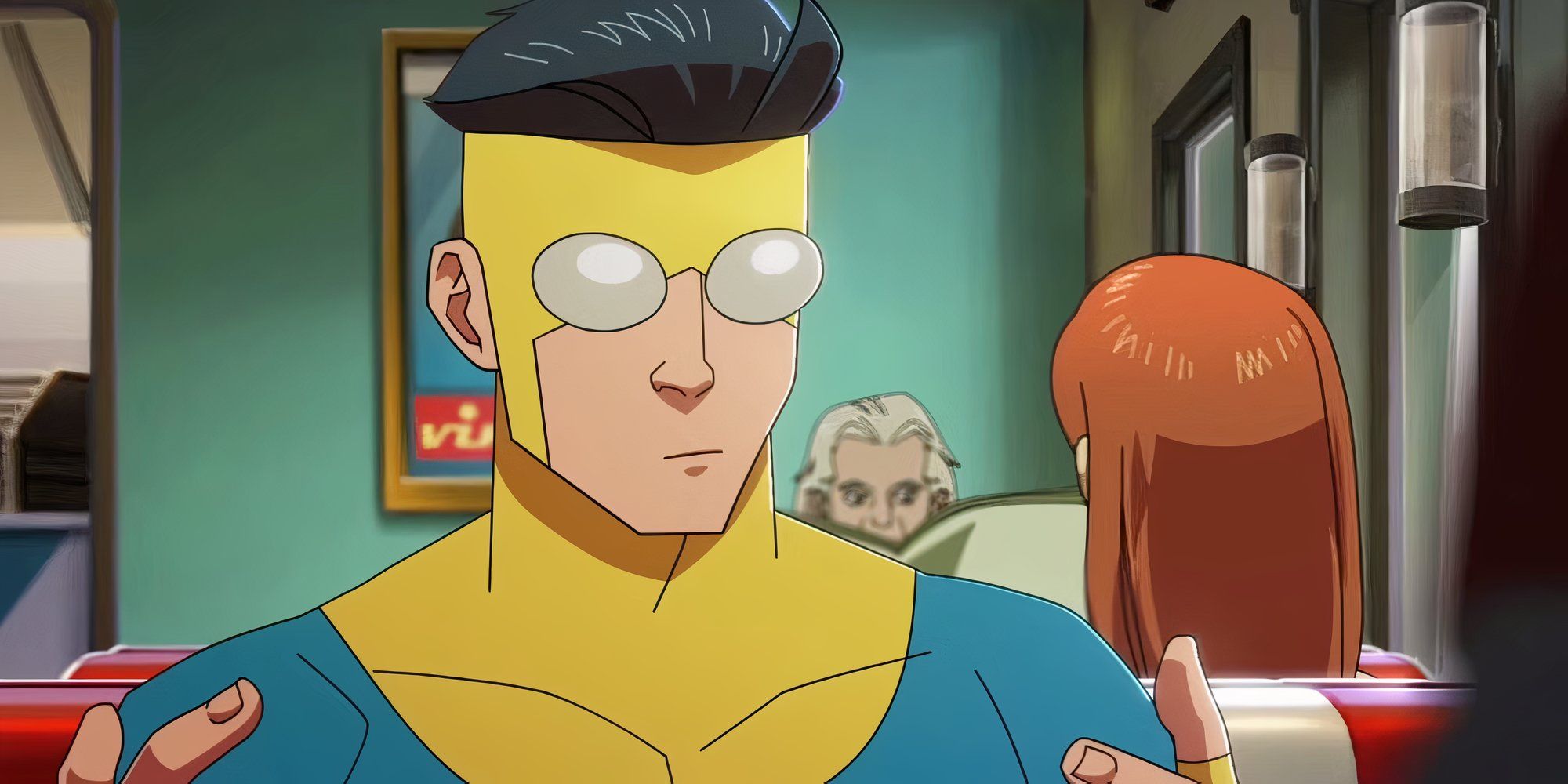



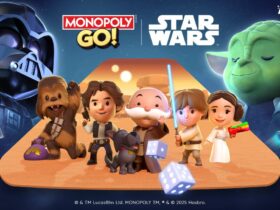





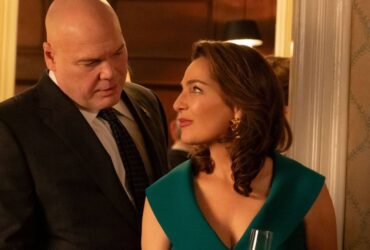

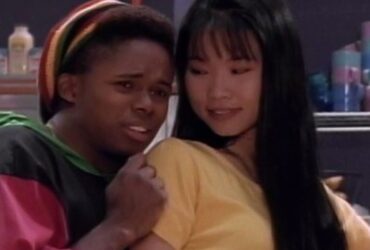
Leave a Reply